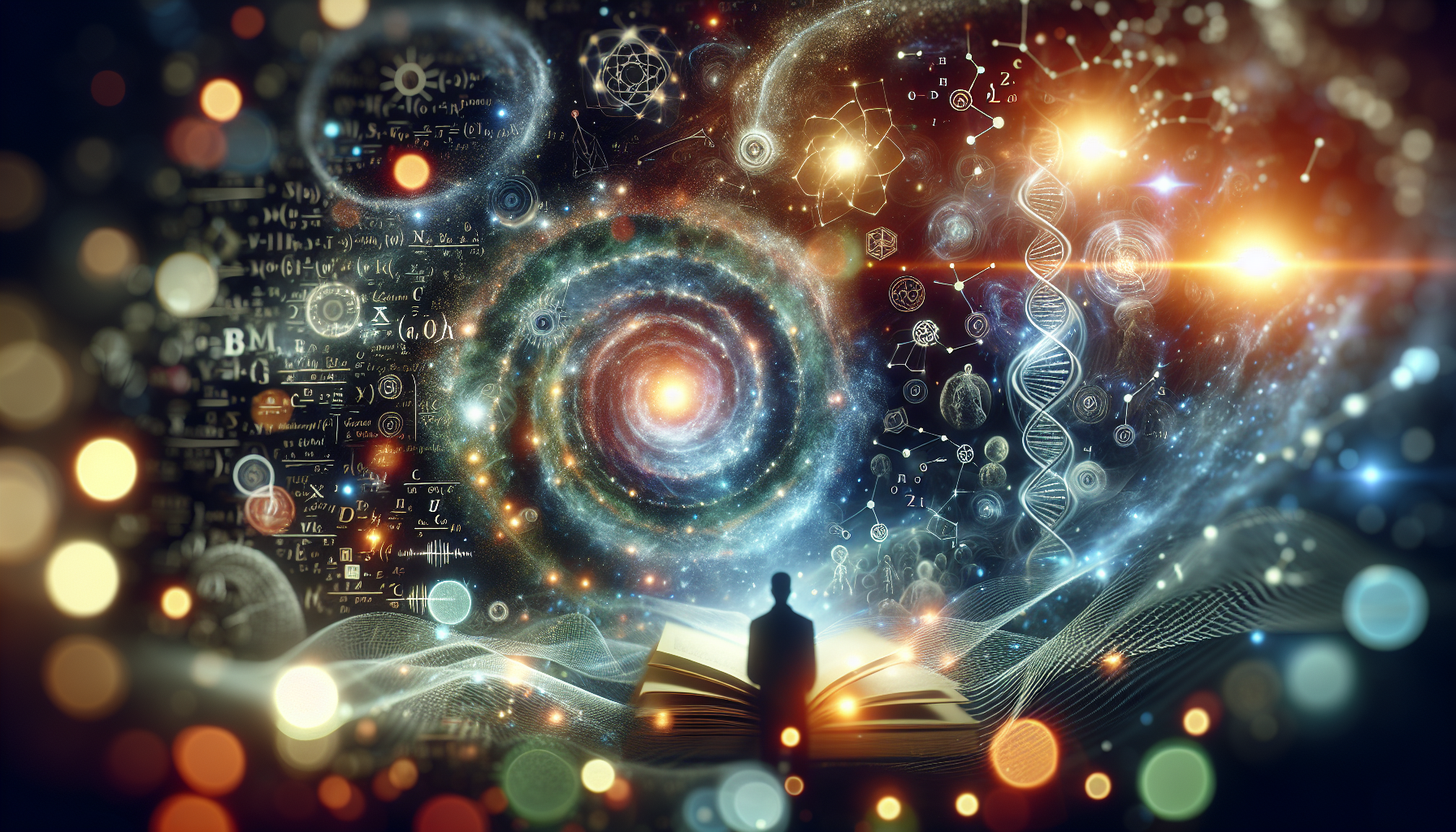We like to believe we live in an age of ultimate knowledge. That we’ve unlocked the most of the secrets of the universe, mastered science, and have explanations for everything. But history tells a different story. Every generation has thought the same, only to later realize how much they misunderstood. The truth is, knowledge is never complete. The moment we stop questioning, we stop progressing.
From ancient myths to modern science, the journey of human understanding has been one of constant revision. What we ‘know’ today may one day be seen as laughably incomplete. The real question isn’t whether we’ve reached the limits of knowledge, it’s whether we’re willing to keep pushing beyond them.
What Makes a Good Explanation?
At the core of progress lies one thing: explanations. But not all explanations are created equal. Some only describe what happens, while others tell us why it happens. The most powerful explanations don’t just answer questions, they open the door to entirely new ways of thinking.
Consider the difference between these two:
- “The sun rises because the gods pull it across the sky.”
- “The sun appears to rise because the Earth rotates on its axis.”
The first is a story. The second is an explanation, the one that leads to better predictions, new discoveries, and deeper insights. The best explanations don’t just fit the facts; they expose new mysteries waiting to be solved.
Explanations That Transform Reality
A truly powerful explanation doesn’t just clarify, it changes how we interact with the world. The discovery of germs didn’t just explain disease; it revolutionized medicine and doubled human lifespans. The theory of relativity didn’t just adjust our understanding of time and space; it led to GPS, nuclear energy, and countless innovations. Explanations don’t just describe reality, they create new possibilities.
The Trap of Authority
For centuries, knowledge was dictated by authority. Religious leaders, monarchs, and scholars of the past claimed to possess ‘final truths’—unchangeable knowledge that must not be questioned. But every breakthrough in history has come from those who refused to accept authority at face value.
- Galileo dared to challenge the Church’s geocentric model, paving the way for modern astronomy.
- Darwin shattered the belief in fixed species, proving that life evolves through natural selection.
- Einstein redefined space and time, overthrowing Newtonian physics with the theory of relativity.
Progress depends on questioning, testing, and most importantly being willing to discard even our most cherished beliefs when better explanations arise.
“Truth isn’t determined by who says it, but by how well it explains reality.”
The Secret Engine of Science
When people think of science, they imagine data, equations, and cold hard logic. But science is fueled by something else entirely: creativity.
- Einstein didn’t ‘discover’ relativity through equations alone, he imagined riding a beam of light.
- Tesla envisioned wireless energy before the technology existed.
- Computer scientists studied the human brain to develop artificial intelligence.
New knowledge doesn’t emerge from data alone, it requires bold ideas, wild imagination, and the courage to rethink everything. The greatest scientists are not just analysts; they are visionaries.
The Self-Correcting Nature of Knowledge
Every theory, no matter how groundbreaking, is a work in progress. The best ideas don’t survive because they are perfect, they survive because they can be refined and improved.
The process is simple but powerful:
- Identify a problem or contradiction.
- Propose multiple explanations.
- Test them against reality.
- Improve, refine, or discard what fails.
This cycle ensures that knowledge is never stagnant. There will always be new problems to solve, new frontiers to explore. What matters is that we never stop searching.
“The ability to correct mistakes is the greatest strength of human knowledge.”
Why There Will Never Be a ‘Final’ Theory
Many believe that one day, we’ll find a ‘Theory of Everything’, a single explanation that answers all questions. But is that really possible? The very nature of knowledge suggests otherwise.
- There was a time when Newton’s laws were seen as the ultimate truth until Einstein proved them incomplete.
- Quantum mechanics reshaped our understanding of reality, yet still leaves unanswered mysteries.
- The universe itself may be infinite, making the quest for knowledge an eternal journey.
The more we learn, the more we realize how much remains unknown. Every answer leads to new questions. And that’s a good thing.
The Limits of Human Understanding
Will there ever be a point where we know everything? Likely not. The more we uncover, the more complex reality becomes. But this isn’t a flaw, it’s what makes discovery exciting. Each breakthrough brings new questions, ensuring that the pursuit of knowledge never ends.
Where Do We Go From Here?
If knowledge is infinite, then so is our potential. We are not just observers of the universe, we are the active participants in shaping it. What’s next?
- The nature of consciousness – How does the mind emerge from matter?
- The possibility of other universes – Are we part of a vast multiverse?
- The future of human intelligence – Can we enhance our own minds to think beyond our biological limits?
The unknown isn’t something to fear, it’s the most exciting part of existence. The only real limitation is our willingness to keep asking, keep imagining, and keep seeking better explanations.
“Progress isn’t about having all the answers. It’s about never running out of better questions.”



